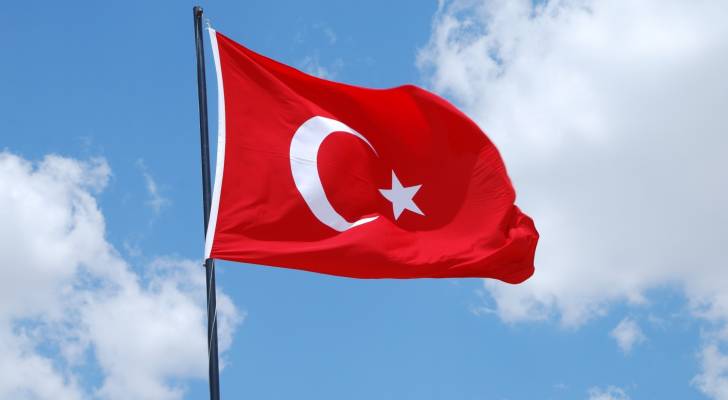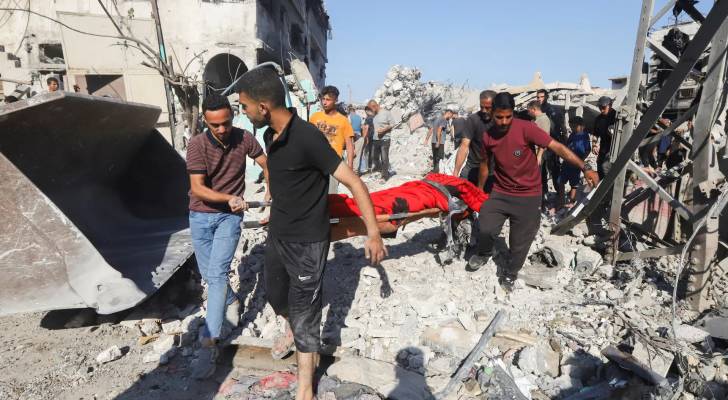Reimagining recovery: How artificial intelligence can revive Jordan’s medical, therapeutic tourism - By Lubna Hanna Ammari, The Jordan Times
In recent years, Jordan has stood as a beacon of stability and quality healthcare in a region marked by volatility. Its reputation for medical excellence, combined with unique natural therapeutic sites such as the Dead Sea, Ma’in Hot Springs, and Afra, has long positioned it as a hub for medical and wellness tourism. However, the sharp decline in global travel during and after the COVID-19 pandemic, compounded by ongoing geopolitical instability, has deeply impacted the tourism sector. The recent closure of 32 hotels in Petra and the loss of over 700 jobs reflect a troubling trend that demands urgent and innovative solutions.
In this context, artificial intelligence (AI) offers Jordan a powerful set of tools to not only stabilize but strategically revitalize its tourism industry. By integrating AI-driven solutions, Jordan can better attract, serve, and retain medical and therapeutic tourists through highly personalized and efficient experiences. AI-enabled platforms can offer multilingual support, real-time virtual consultations, intelligent recommendation engines for treatment plans, and predictive analytics to anticipate tourist behavior and customize services. These technologies are no longer aspirational they are being deployed in leading global destinations such as Thailand, India, and the UAE to streamline patient journeys, reduce waiting times, and enhance trust and transparency in healthcare services.
For Jordan, one strategic move would be to launch a centralized AI-powered platform dedicated to medical and therapeutic tourism. This would allow international patients to seamlessly browse accredited hospitals, consult with doctors virtually, estimate costs, and even book travel and accommodation all in one place and in their native language. AI chatbots can offer 24/7 assistance, while machine learning algorithms can tailor experiences based on patients’ medical histories, travel habits, and cultural preferences. More importantly, such a platform could integrate with Jordan’s national health infrastructure, ensuring data security and medical accuracy, while providing government authorities with actionable insights to fine-tune tourism policies in real time.
Moreover, therapeutic tourism which leverages Jordan’s natural resources for the treatment of chronic skin conditions, respiratory disorders, and joint ailments can benefit greatly from AI-driven content creation and digital storytelling. Virtual reality (VR) experiences powered by AI can allow potential visitors to explore the healing environments of the Dead Sea or Ma’in before they book their trip. AI-generated personalized itineraries can highlight not only treatment options but also wellness and cultural experiences, turning a visit to Jordan into a holistic health journey. Leveraging natural language processing, social media listening tools can monitor global conversations about health tourism and identify trends or misconceptions, allowing Jordan to respond with targeted, evidence-based campaigns.
According to data from the World Bank and the World Tourism Organization, health and wellness tourism continues to gain momentum as a key sector within the global travel economy. Recent projections indicate that revenues from the wellness tourism market could approach $1.6 trillion by 2030, driven by rising global interest in preventive care, holistic health experiences, and accessible cross-border medical treatment. Jordan, with its competitive pricing, internationally accredited healthcare providers, and rich cultural and natural assets, is well-positioned to capitalize on this global trend. However, this potential can only be realized if the country embraces a future-ready digital infrastructure underpinned by artificial intelligence. As global tourism becomes increasingly data-driven and personalized, nations that delay this digital shift risk being left behind in a highly competitive international landscape.
Investing in AI is not a luxury but a necessity for Jordan’s tourism future. It represents a bridge between Jordan’s world-class medical potential and the needs of a global audience that now expects convenience, safety, and personalization. By embedding intelligence into every touchpoint of the medical and therapeutic tourism experience, Jordan can reposition itself not just as a destination of healing, but as a global model for smart and sustainable health travel in an increasingly competitive and digitally driven world.
Latest News
-
 Trump shouts at Netanyahu in fiery phone call over Gaza hunger: report
Trump shouts at Netanyahu in fiery phone call over Gaza hunger: report
-
 Turkey urges global pressure to halt “Israel's” Gaza plan
Turkey urges global pressure to halt “Israel's” Gaza plan
-
 $50 million: US doubles bounty on Venezuela's Maduro
$50 million: US doubles bounty on Venezuela's Maduro
-
 20 Palestinians killed overnight in "Israeli" Gaza strikes, including 5 waiting for aid
20 Palestinians killed overnight in "Israeli" Gaza strikes, including 5 waiting for aid
-
 Trump says 'billions of dollars' now flowing into US after tariff deadline
Trump says 'billions of dollars' now flowing into US after tariff deadline